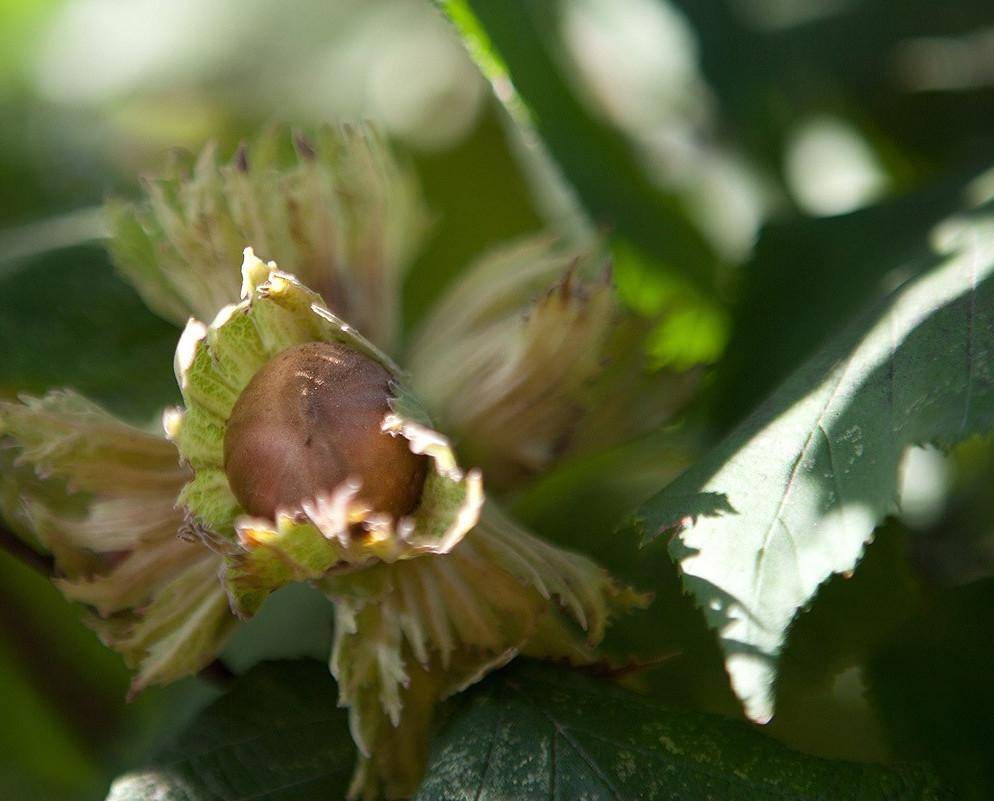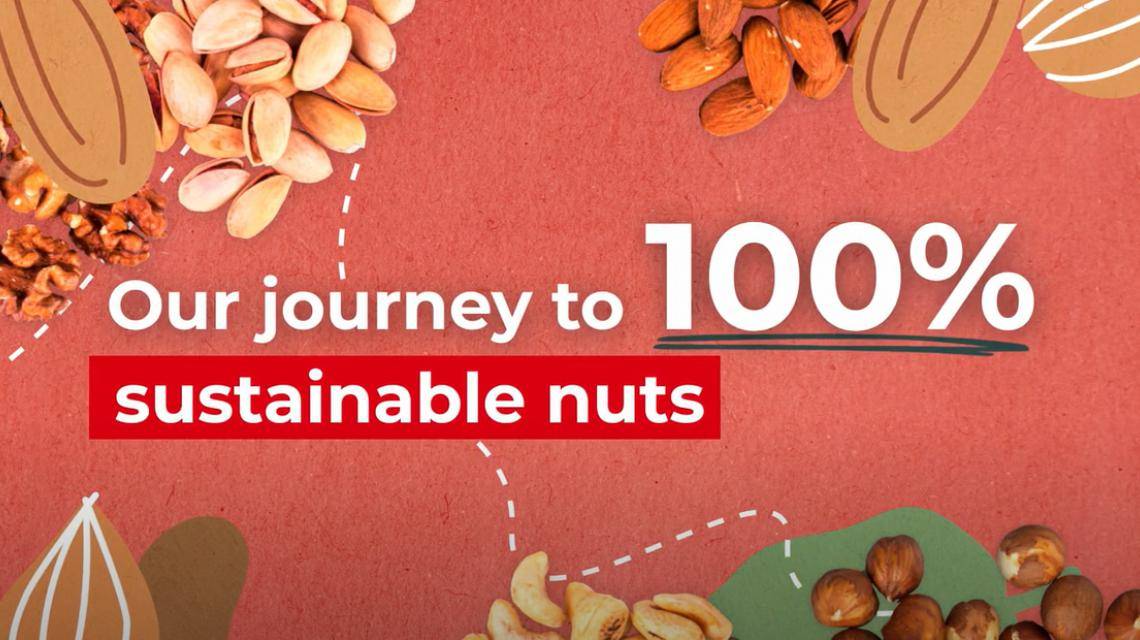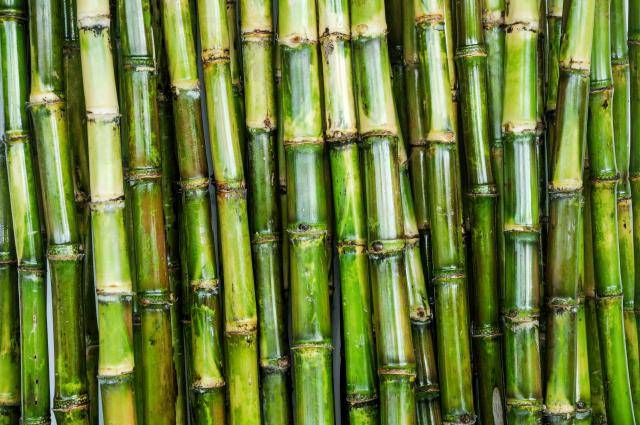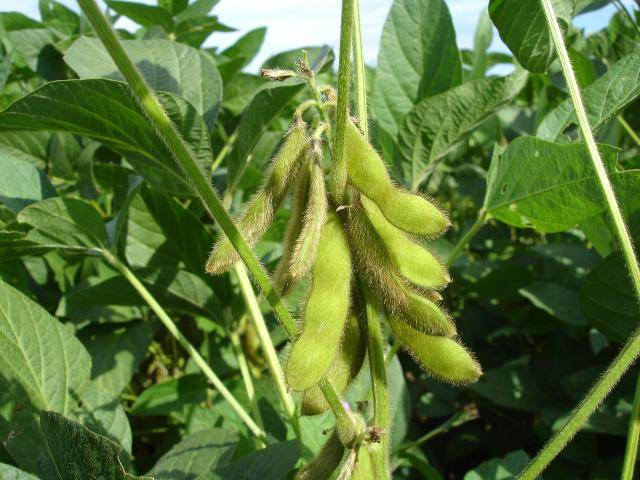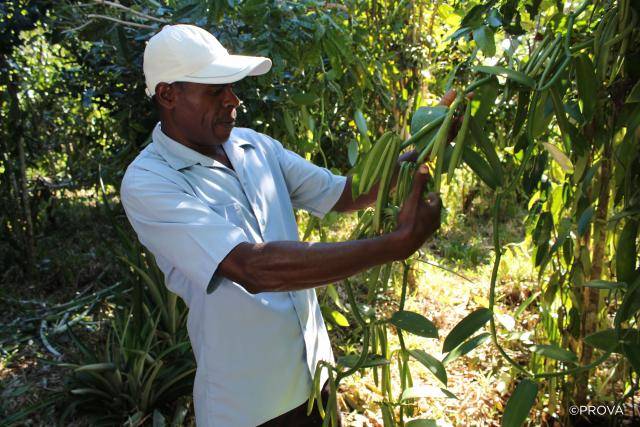We are working with all our suppliers on the implementation of sustainable production practices.
Turkey is the biggest hazelnut producer with around 75% of the global production. There, hazelnut farming is linked to several sustainability issues, especially related to labor conditions and the risk of child labor. We are teaming up with our suppliers to eliminate the risk of child labor in our supply chain. How? By training farmers and workers on good labor practices, implementing traceability, Child Labor Monitoring and Remediation Systems (CLMRS) and grievance mechanisms amongst other things. This means we know with which farmers and intermediates we work and how they manage their own workers, enabling us to significantly improve the practices within our supply chain and increase the overall transparency. During the harvest period, a safe place to learn and play is prepared to welcome children and ensure they do not follow their parents in the fields where they could perform dangerous tasks. In parallel, we can offer Rainforest Alliance certified hazelnuts. Rainforest Alliance is supporting Turkish hazelnut farmers to improve agricultural practices and increase their yield, while ensuring good working conditions for the harvesters and working on the elimination of child labor in the orchards.
In Spain, our entity La Morella Nuts, the expert in high quality nuts, has developed Nature to Nuts, a sustainability program focusing on the challenges related to nut farming. It consists of three pillars:
- Safeguard water - Most nuts grow best in areas with a Mediterranean climate, where water is becoming a scarce resource. When possible, irrigation is used, because it directly impacts the yield of nut trees. In 2025, La Morella will source 100% of its nuts from producers either not located in high water stress areas or preserving water by having efficient irrigation systems and irrigating based on plants' real needs.
- Foster biodiversity - The last reports about the loss of biodiversity are alarming as it is estimated 1 million animal species are in danger of extinction (IPBES). Bees and pollinators - among other species - are essential for almonds to grow and are in a critical situation. In 2025, La Morella Nuts will source 100% of its nuts from orchards where biodiversity is fostered. This means orchards where producers limit their pesticide usage and preserve agro-ecological infrastructures (such as hedges, isolated trees or cover crop) serving as a source of food and habitat for local fauna and flora.
- Preserve nut craft - Spain has been an important producer of nuts for centuries. Today, local nut producers face challenges, especially in the production of hazelnuts such as: low profitability, difficult access to land for younger generations, and competition from other countries. For La Morella Nuts, it is important to maintain the local tradition of nuts farming and for this reason, Spanish farmers will remain the main partners of La Morella Nuts.
